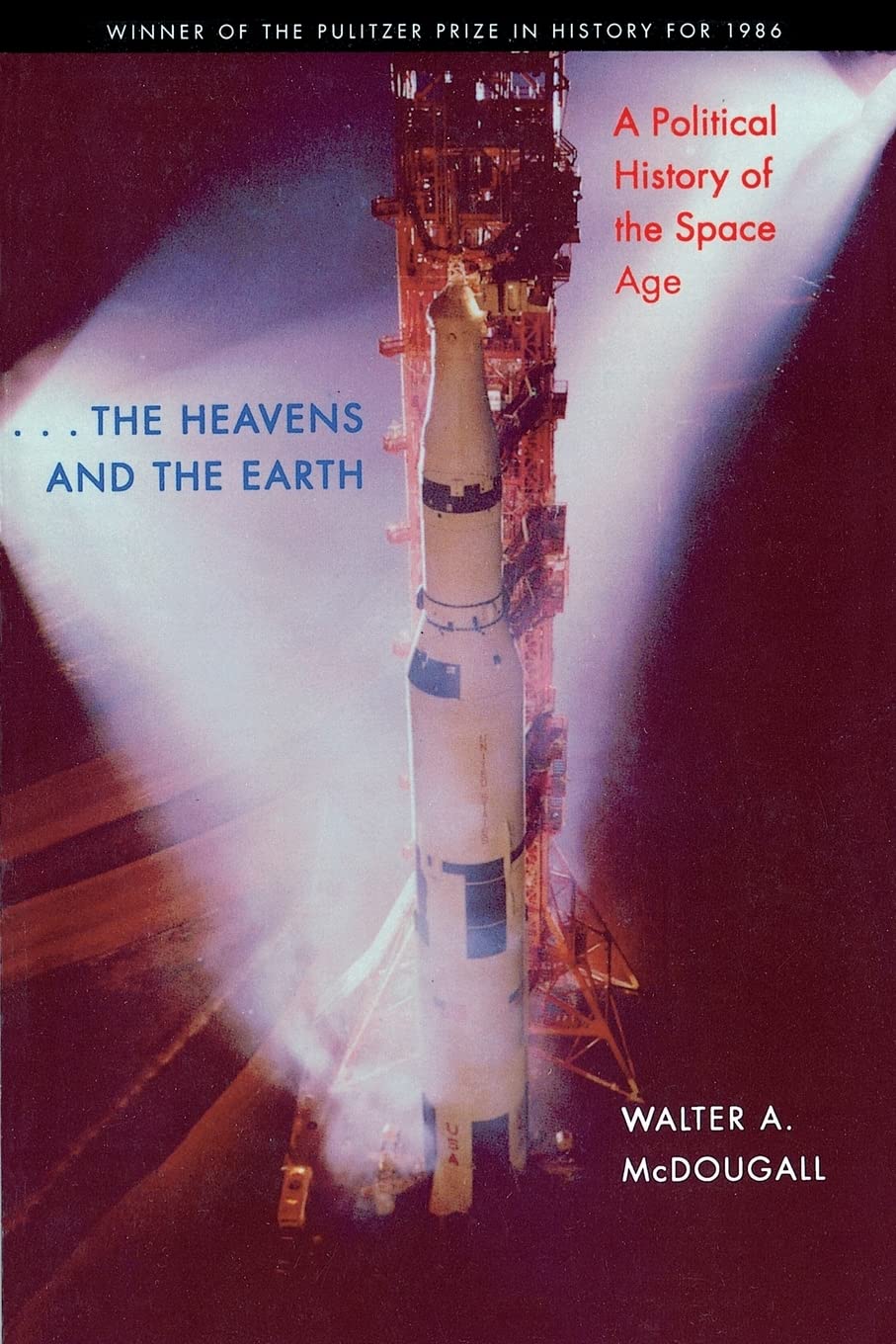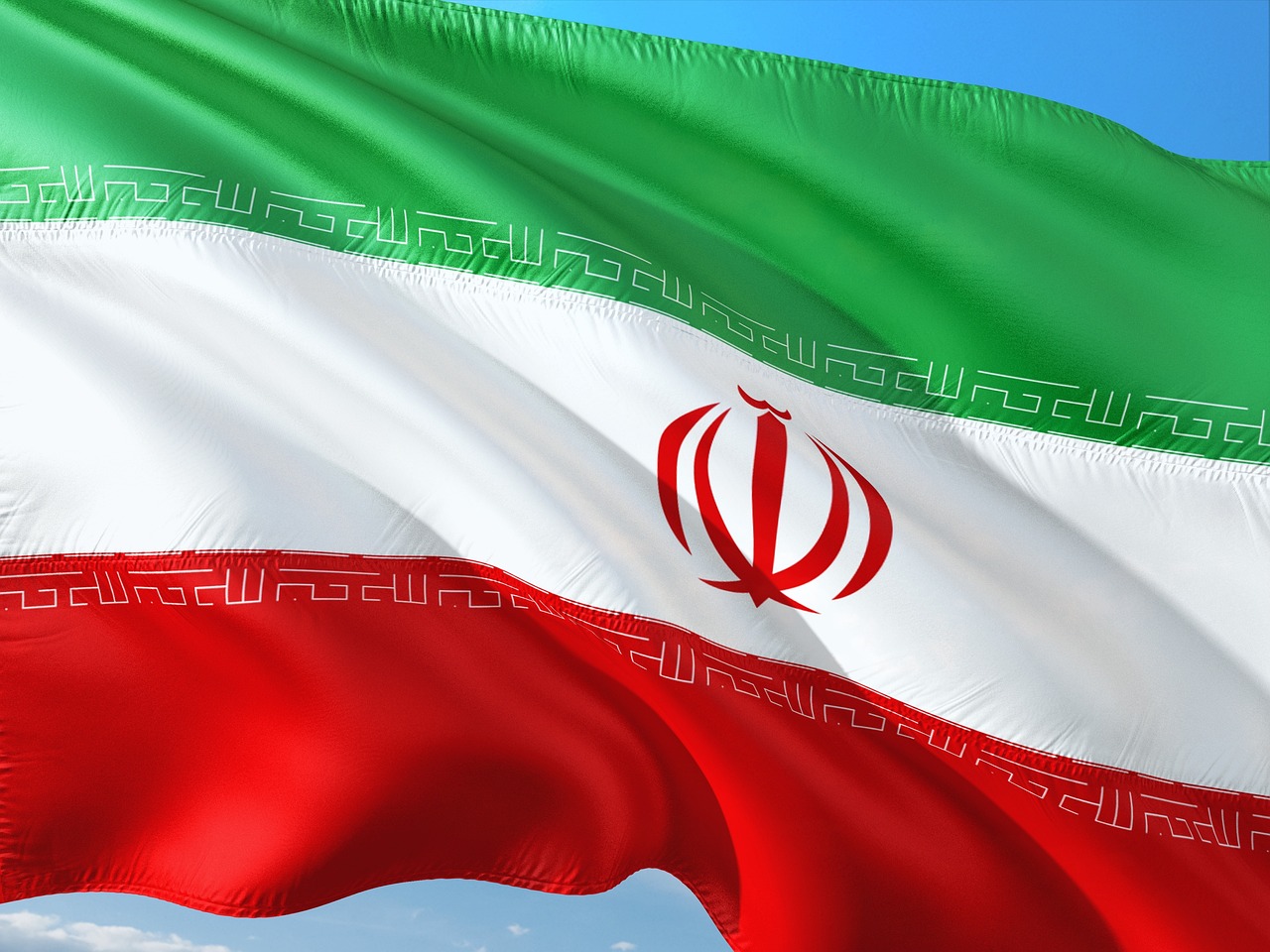Walter A. McDougall’s “The Heavens and the Earth: A Political History of the Space Age” is a masterful and intellectually stimulating exploration of the intersection of science, politics, and the human spirit in the race for space exploration.
McDougall’s narrative takes readers on a captivating journey, starting with the early dreamers who imagined reaching the stars and progressing through the tense and transformative decades of the space race. The book’s strength lies in its meticulous research and balanced perspective. It avoids the trap of portraying space exploration as a mere scientific endeavor, instead revealing it as a complex interplay of politics, ideology, and ambition.
One of the book’s remarkable achievements is its portrayal of the major players on the world stage, especially the United States and the Soviet Union, and how their competition in space was emblematic of the broader Cold War rivalry. McDougall’s exploration of the ideological motivations behind the space race sheds light on how the conquest of the cosmos became a potent symbol of national and ideological superiority.
Furthermore, McDougall doesn’t limit his narrative to the superpowers; he delves into the roles of other countries, such as Germany and China, in the space story, illustrating the global impact and significance of space exploration.
“The Heavens and the Earth” also presents a deep dive into the personalities behind the missions, revealing the human drama, determination, and occasional eccentricity that fueled the quest to reach the stars. The book presents a balanced view of both the triumphs and tragedies, such as the Apollo program’s successes and the Challenger disaster.
McDougall’s writing is not only informative but also captivating, making complex political and scientific concepts accessible to a wide readership. He seamlessly weaves together narratives of technological advancements, political maneuvers, and the emotional experiences of those involved in space exploration.
While the book primarily covers the early history of space exploration, it lays a foundation for understanding the evolving dynamics of modern space politics, making it relevant even today. However, readers seeking an in-depth analysis of recent developments in space exploration may find this book somewhat dated.
In conclusion, “The Heavens and the Earth” is an intellectually enriching and thought-provoking journey through the history of space exploration. Walter A. McDougall’s ability to connect the dots between political ideologies, scientific advancements, and the human spirit makes this book an essential read for anyone interested in the profound impact of space exploration on our world, both past and future. It’s a must-read for space enthusiasts and history buffs alike.
This site is free for everyone to learn about information warfare, connect with mentors, and seek the high ground! Unfortunately operating the site is not free and your donations are appreciated to keep KTC up and running. Even a five or ten dollar donation helps.







